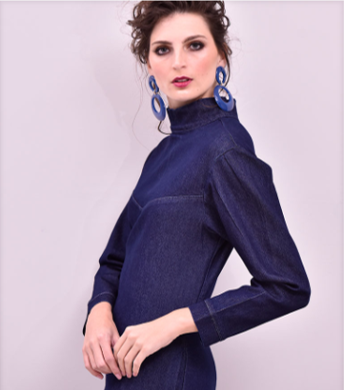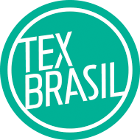Brazilian companies invest in certificates and technologies to adapt to international sustainable production criteria

Demands from consumers for transparency in production and for socially and environmentally responsible processes have led Brazilian companies to increasingly invest in international certificates.
For example, Rosset, a member of Texbrasil (Brazilian Textile and Fashion Industry Internationalization Program) – held through a partnership between Apex-Brasil (Brazilian Trade and Investment Promotion Agency) and Abit (Brazilian Textile and Apparel Industry Association) – has just announced that it has received OEKO-TEX STANDARD 100 certification. That means that the company complies with criteria in choosing chemical inputs, therefore guaranteeing an international standard where no residue is found that could represent impacts to consumer health or to the environment.
Another company making significant investments in this area is Covolan. In a talk with the Texbrasil website, Frederico Maziero, with the company’s Executive Board, says that his team has been working with planning in this area for over a decade and they have just become the first Brazilian company in the segment to test and approve the Indigo Bann 35 Premium Zero Aniline dye, which promises to remove this product from the denim supply chain. The dye’s formula lowers the residual toxicity of Aniline to nearly zero in treating laundry water.
The company started its journey to sustainability by joining the STEP project, which promotes sustainable production, and it is now in the ZDHC program, a type of agreement that maps suppliers, companies and brands that prioritize environmental responsibility in every link of the chain.
According to Frederico, sustainability and this perception that the industry needs to have a social conscience is in Colovan’s DNA. “Indigo Bann is a product that is in line with everything we seek. And it’s not just a gain in treatment of effluents; there is also a gain in internal production, since workers do not come into contact with these products, which although not hazardous, are not environmentally friendly.”
He adds that this dye, which has a very low amount of aniline, also results in a higher quality product and a better image for the company.
“The gain in competitiveness in the foreign market is real since consumers increasingly want to know how their clothing is made. This requirement started in the food industry and we have to accept that it has arrived at the apparel chain,” he says.
Frederico also adds that he believes that consumer demands in relation to social responsibility are not a passing trend; they are here to stay and contribute to products and industrial process.
About Texbrasil
The Brazilian Textile and Fashion Industry Internationalization Program (Texbrasil) works with textile and apparel industry companies to develop strategies for success in the global market. Over nearly 20 years, it has helped around 1500 brands to enter the export market, bringing in USD 3.6 billion in business. The Program is conducted by Abit in partnership with the Brazilian Trade and Investment Promotion Agency (Apex-Brasil).
